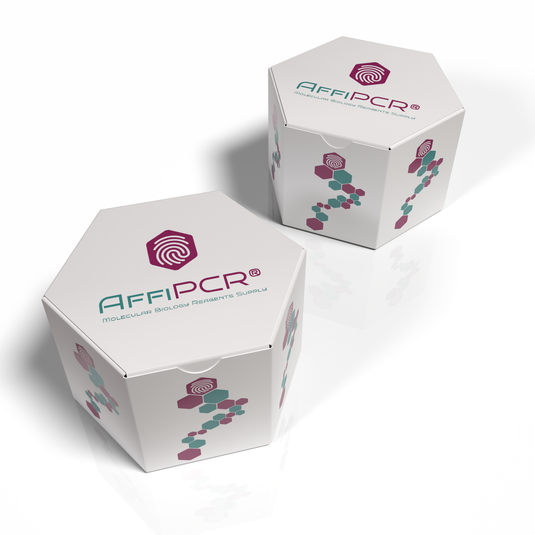Overview
Cell culture is a common experiment in life science research. Unlike other commonly used experimental methods, cell culture is a dynamic continuous process, and cells often respond to manipulation errors or contaminants that often exhibit abnormal cell states or medium appearance. If it is contaminated by mycoplasma, the cell morphology has no obvious change, and it is easy to be overlooked. It is often not found until the pollution is very serious. There may be hundreds of mycoplasmas on the contaminated cell membrane, these mycoplasmas compete for nutrients and release toxic metabolites, seriously affecting the experimental results. Studies have shown that at least 20 kinds of mycoplasma can contaminate cells, among which the most common are: oral Mycoplasma (M. orale) , Mycoplasma arginine (M. arginini) , Mycoplasma hyorhinis (M. hyorhinis) , Mycoplasma fermentum (M. fermentans) , Mycoplasma hominis (M. hominis) , Mycoplasma salivarius (M. salivarium) , Mycoplasma pulmonary (M. pulmonis) and Mycoplasma pear (M. pirum) . The mycoplasma contamination rate of cultured cells ranges from 4% to 92%. The sources of contamination include the working environment, the operator itself (some mycoplasmas are normal flora of the human body) , culture medium, serum, cell cross-contamination, experimental equipment, and used Contamination of the original tissue or organ from which cells were prepared. Identifying the underlying cause of problems during cell culture is a difficult and time-consuming task, where any sudden changes should be suspected, and good testing practices and regular testing for mycoplasma contamination are necessary. There are many methods for the detection of mycoplasma, such as direct culture, DNA fluorescence staining, ELISA, and PCR methods. GMyc-PCR Mycoplasma Detection Kit mainly uses the PCR method to detect Mycoplasma infection of various biological materials (such as cell culture, experimental animal secretions, animal serum, etc.) . It combines several advantages: sensitive, specific, rapid, and can be detected directly with cell culture supernatants. This product detects mycoplasma in biological materials such as cultured cells by PCR method. The primers used are designed according to the conserved region of the 16S-23S rRNA sequence of mycoplasma, and only specifically amplify the mycoplasma DNA, with high detection sensitivity and specificity. PCR amplification and electrophoresis analysis only take a few hours, and the operation is convenient and simple.
Shipping Condition: Dry ice
Product Format: Liquid

